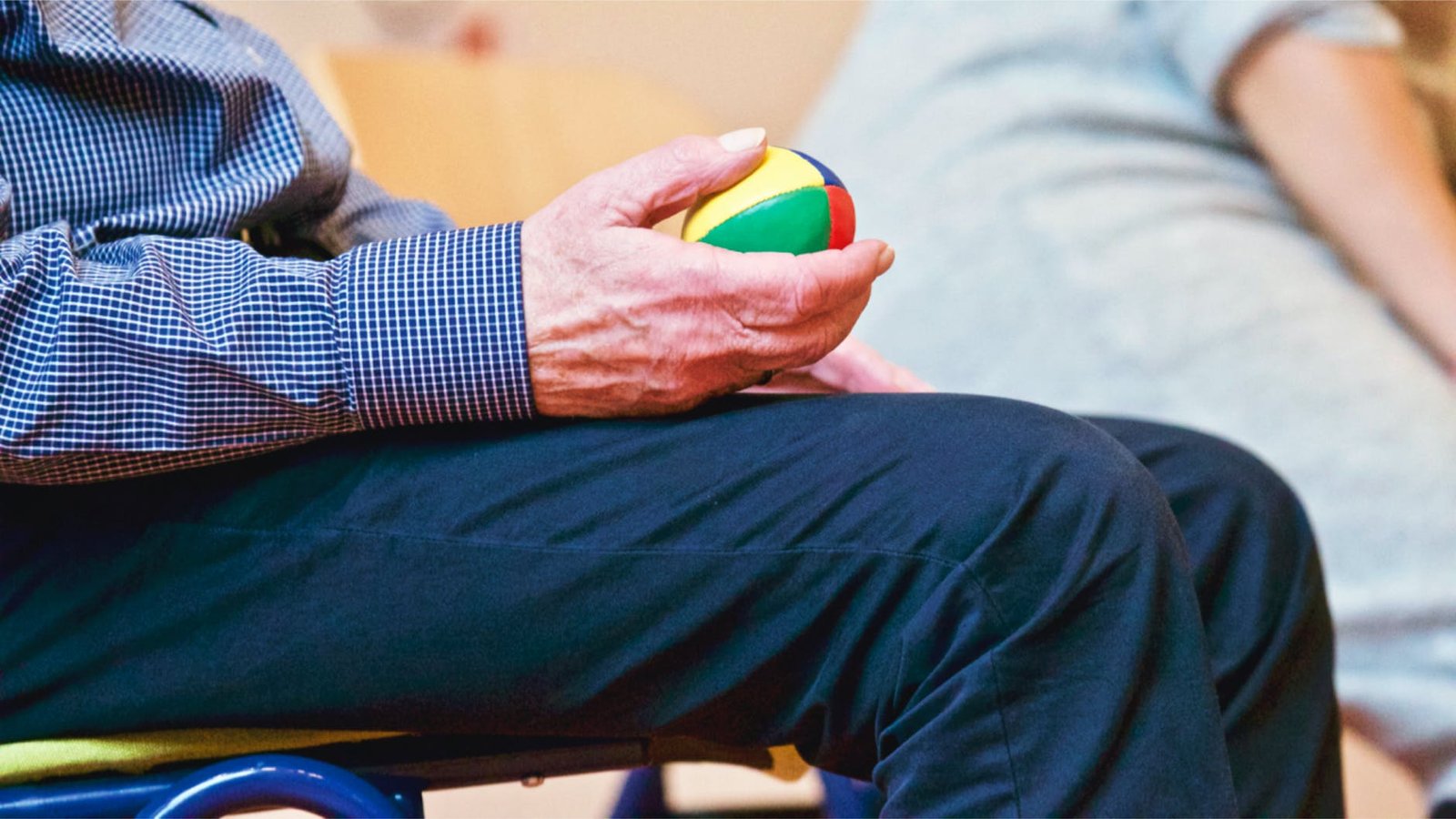
Photo Credit: pexels
The prevalence of metabolic disease is on the rise in countries with aging population, such as Singapore, and the early detection of at-risk individuals is crucial in preventing metabolic disease.
Persons who suffer from metabolic syndrome are characterised as having a cluster of cardiometabolic risk factors – such as diabetes, obesity, hypertension – which are largely associated with heart disease, type 2 diabetes, stroke, functional decline and cognitive impairment.
In a study conducted by the NUS Yong Loo Lin of Singapore (NUS Medicine), researchers found poor hand grip strength in the elderly to be an indicator of metabolic syndrome. High grip strength, adjusted for body weight or BMI, was observed to be associated with decreased odds of having metabolic syndrome by almost 50% and 90% respectively.
In addition, almost 1 in 2 older adults (aged 65 and above) have metabolic syndrome, with a higher prevalence in females than males over 70 years old. For females above the age of 85, it is found that 8 in 10 females suffer from metabolic disease.
There are also significant ethnic differences in terms of the prevalence of metabolic syndrome, with more than 1 in 2 Indians suffering from metabolic disease as compared to 1 in 3 among Chinese.
This cross-sectional population study evaluated 722 participants in Singapore, aged 65 and above. The participants are part of a subgroup of the Healthy Older People Everyday (HOPE) study of the Singapore Population Health Studies – Community Health Study.
Published by Associate Professor Reshma Merchant from the NUS Medicine Department of Medicine and Head & Senior Consultant of the Division of Geriatric Medicine, National University Hospital, this is the first study which looks at the prevalence of metabolic syndrome in older adults in Singapore.
“Metabolic syndrome is not just an issue for older adults and prevention must begin very early,” said Assoc Prof Merchant.
She added, “Literature from overseas reports that 90% of obese adolescents, 75% of obese 12-year-olds and 25% of obese pre-schoolers are at risk of becoming obese adults. It is associated with many negative outcomes including dementia, cardiovascular disease, metabolic (dysfunction) associated fatty liver disease and sarcopenia.”
With the findings of this study, hand grip strength could be used as an added and better predictor of metabolic syndrome. Possible preventive measures such as exercise could be included in interventions to avert the risk.




